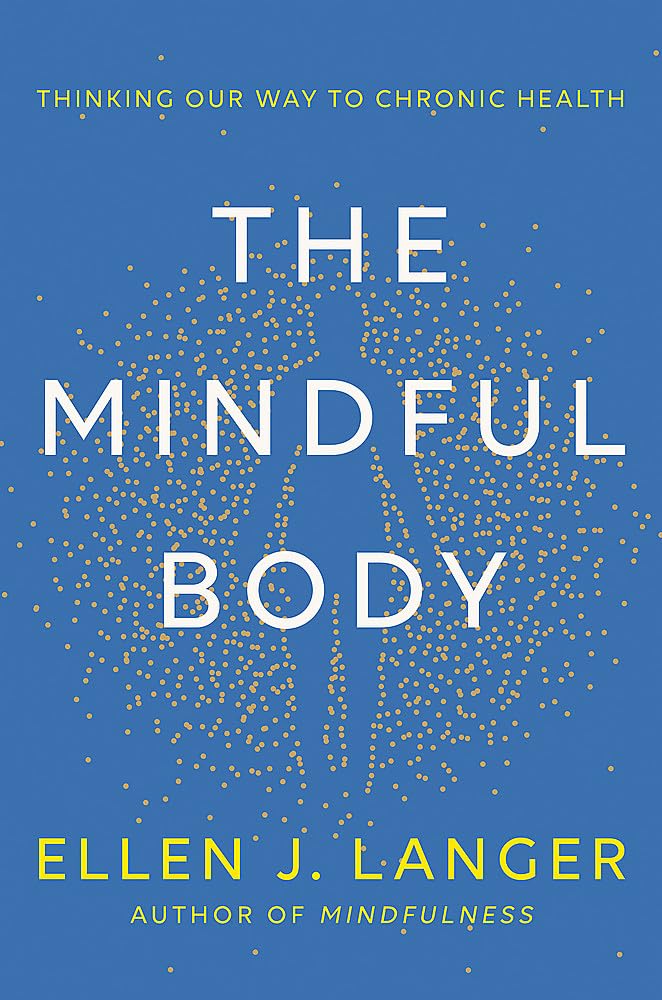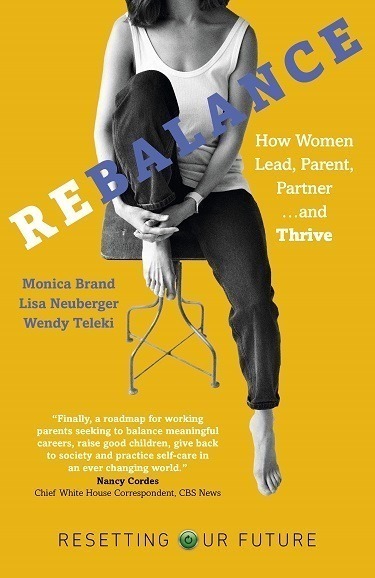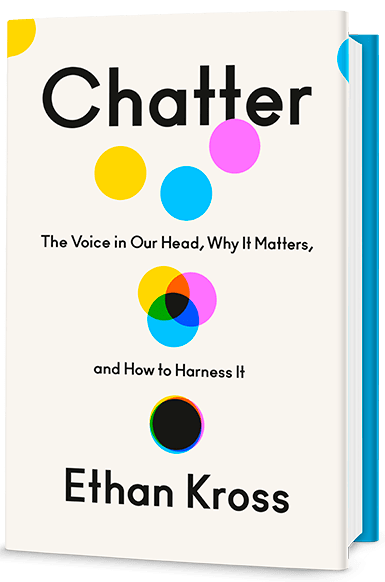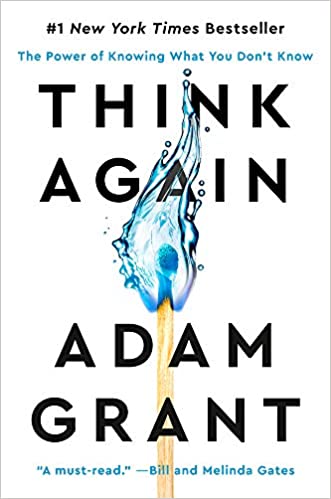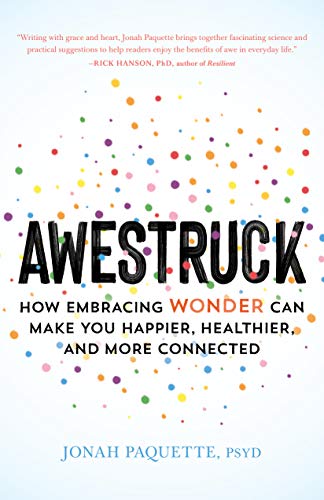Posts Tagged ‘book’
The Mindful Body argues against mindlessly accepting age-related decline in cognition and health as inevitable
In 1979, Harvard researcher Ellen Langer invited elderly men to spend a week at a retreat designed to remind them of their younger days, surrounded by the art, music, food, games, décor, and more from the late 1950s. Afterward, the men were tested and found to have made significant gains in hearing, memory, dexterity, posture,…
Read MoreNew book provides practical guidance for women (and men) to rebalance our lifestyles and build Cognitive Reserve
On one of our “walk and talks” around the lush trails of Rock Creek Park in DC surrounded by bikers, runners, cars and the occasional deer, Wendy and Lisa talked about aging. Wendy’s mother, who had her children in her early 20s, was still joining the family’s grueling summer hikes with her children and nine…
Read MoreShape your environment, shape your mind
One of the biggest contributors to our happiness is something we barely pay attention to: the voice inside our own heads. As psychologist Ethan Kross describes in his new book Chatter, that voice is constantly analyzing the situations we’re in, reflecting on the past and future, and telling us who we are. While sometimes friendly and…
Read MoreNeuroscientist Lisa Genova, author of the beautiful novel Still Alice, releases non-fiction book on Memory
A Neuroscientist’s Poignant Study of How We Forget Most Things in Life (The New Yorker): Any study of memory is, in the main, a study of its frailty. In “Remember,” an engrossing survey of the latest research, Lisa Genova explains that a healthy brain quickly forgets most of what passes into conscious awareness. The fragments…
Read MoreTo prevent “cognitive entrenchment,” think like a scientist and be wrong often
In a rapidly changing world, it’s important to be able to adapt and change rather than stubbornly adhering to old ideas and opinions. This was one of the lessons of 2020, a year that forced us to question many of our assumptions about what behaviors are safe, how work and school can be conducted, and…
Read MoreHow Wonder and Awe help us transcend self, regulate stress, and improve well-being
What is awe? We have all experienced it, even if we didn’t know what to call it. Whether we’re overlooking a beautiful view after a challenging hike or watching a new leaf grow on the plant we’ve been nurturing in lockdown, the feeling we get in that moment—amazed, inspired, transported—is what researchers call awe. In his new…
Read More
